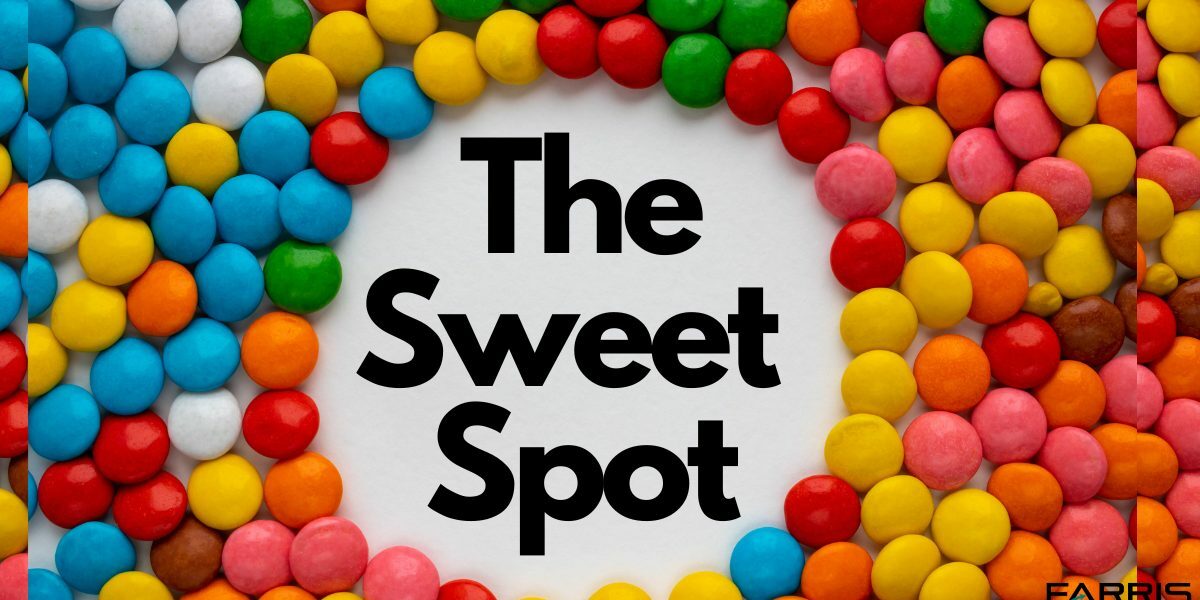Not long after I mentioned artificial intelligence in a previous column, I received an email from a reader, “Before I started using AI, I thought it might be dangerous. Now, I just don’t think about it.” I have the same attitude. As Mad Magazine mascot Alfred E Newman says, “What, me worry?”
Like most humans, I trust that all inventions are safe. Sure, the Chevy Corvair was “unsafe at any speed,” and the Ford Pinto had exploding gas tanks. But AI leaders at Microsoft and Alphabet say there is “almost” zero chance AI can take over the world.
AI FOR MARKETING
I’ve been using various AI marketing platforms for years and I expect to continue to increase the applications in my marketing practice. But it’s not all roses —
there are both pros and cons to using AI for marketing.
Unlike the unwitting buyers of Corvairs and Pintos, there is enough information available for you to evaluate the advantages and disadvantages of AI before implementing it into your marketing strategy. Below are some of the pros and cons to consider.
MARKETING AI ADVANTAGES
One of the significant advantages of using AI for marketing is its ability to analyze vast amounts of data quickly and accurately. AI systems can process and interpret data collected from various sources, such as customer behavior, preferences, and market trends. You’ll find lots of AI-based services that can insights into your target audience, enabling you to tailor your campaigns for maximum effectiveness.
Additionally, certain AI-powered marketing tools can automate repetitive tasks, freeing up valuable time for marketers to focus on more strategic and creative aspects of their campaigns. By automating tasks such as data analysis, content creation, and customer segmentation, AI can streamline marketing processes and improve overall efficiency.
You may have noticed that AI-powered chatbots and virtual assistants have become increasingly popular in customer service and support. While first-generation versions were clunky, slow, and well… weird, new versions are much better. They provide real-time assistance to customers, answering their queries, resolving issues, and even making personalized product recommendations.
Chatbots and virtual assistants can enhance the customer experience, improve customer satisfaction and increase loyalty. That’s three big wins for marketers.
MARKETING AI CONCERNS
There are also potential drawbacks to consider when using AI for marketing. One of the main concerns is the potential loss of the human touch in customer interactions. AI systems may lack the empathy and emotional intelligence that could result in a disconnect between the brand and its customers, potentially leading to a decline in customer trust and loyalty.
Another challenge is privacy. With the vast amounts of data being collected and analyzed, there is a risk of breaches and data misuse.
Lastly, implementing AI technology for marketing requires a significant initial investment. This includes the cost of acquiring AI tools, training staff, and integrating AI systems. Small businesses with limited budgets may find it challenging to adopt AI-driven marketing strategies.
YOU DECIDE
You will have to decide if and when you are ready to adopt some AI tools for your marketing. Eventually, AI will be considered just another tool, like your laptop and the art, video, copywriting, and media software you already use.
KEEP AI BUSY
Personally, I think it would be a good idea to keep AI busy with marketing. The more time it spends analyzing responses to ads, the less time it has to think about taking over the world.
##













Comment